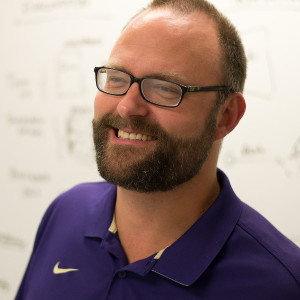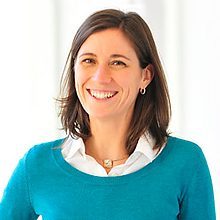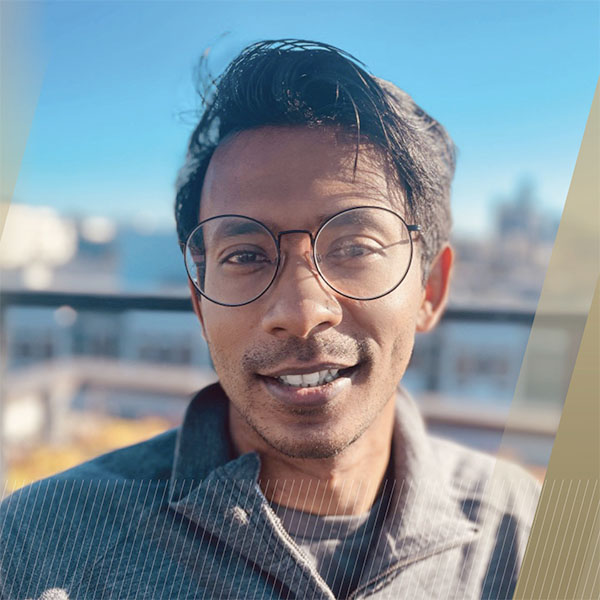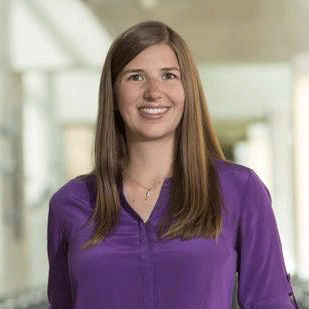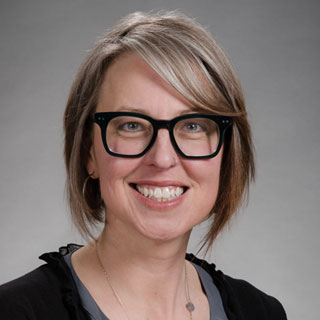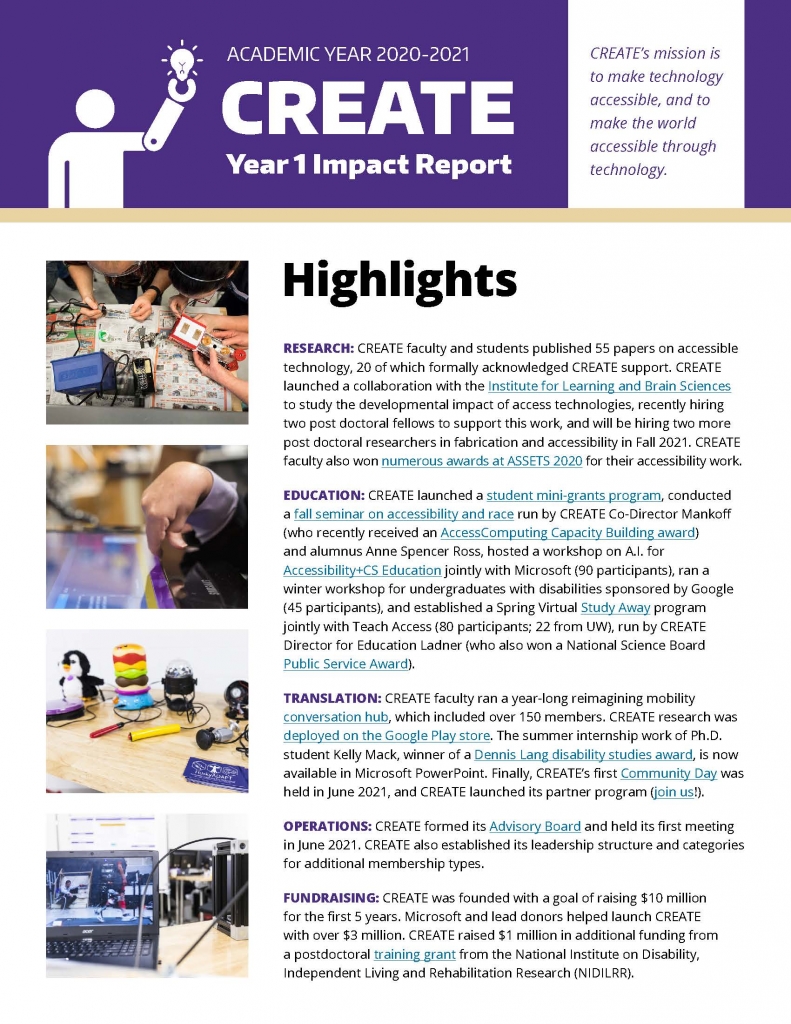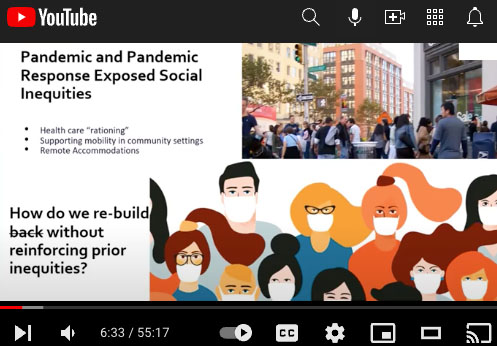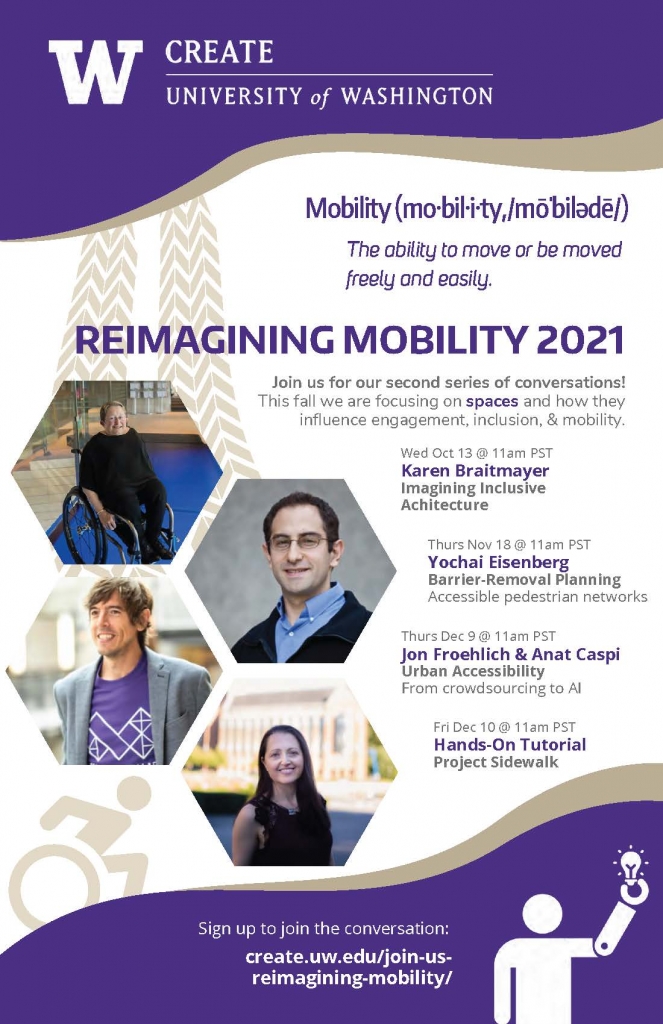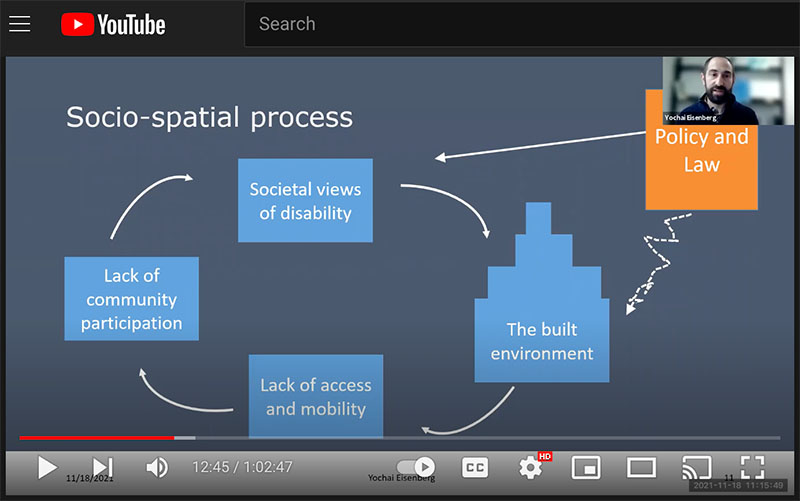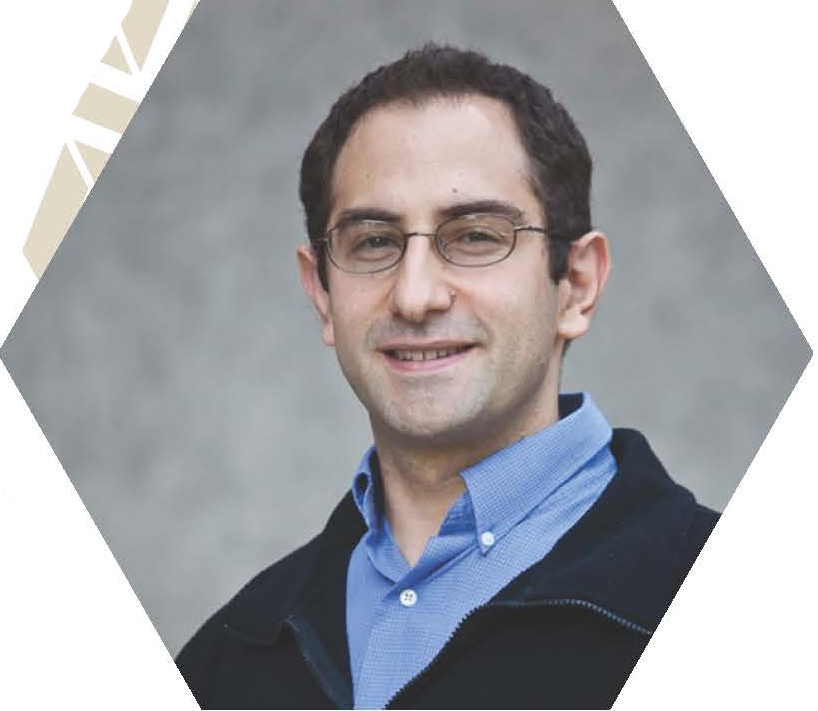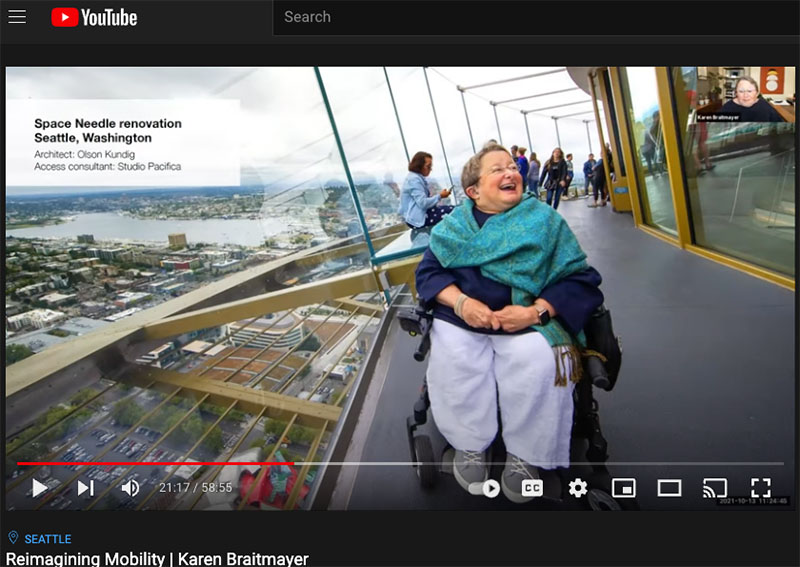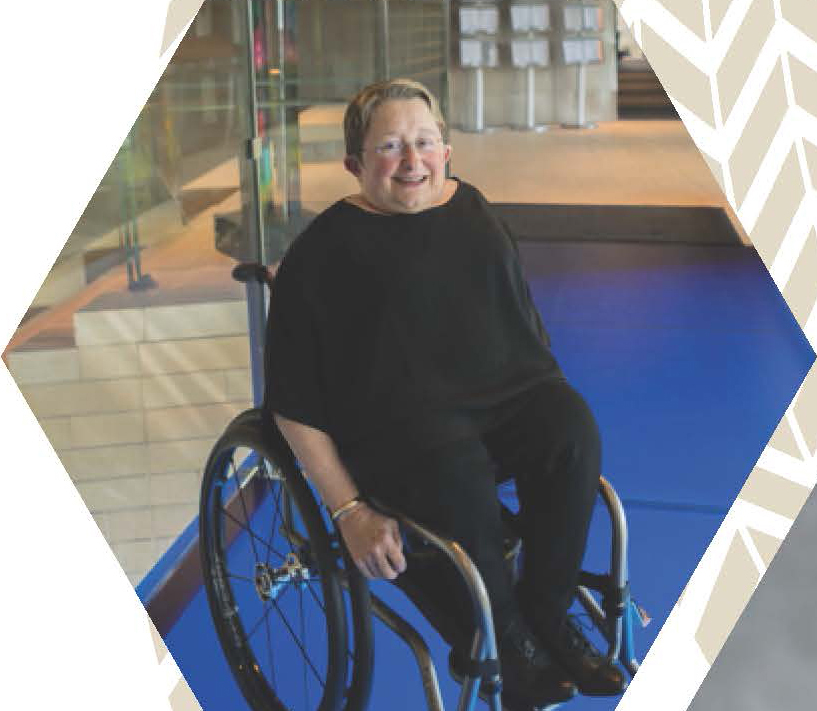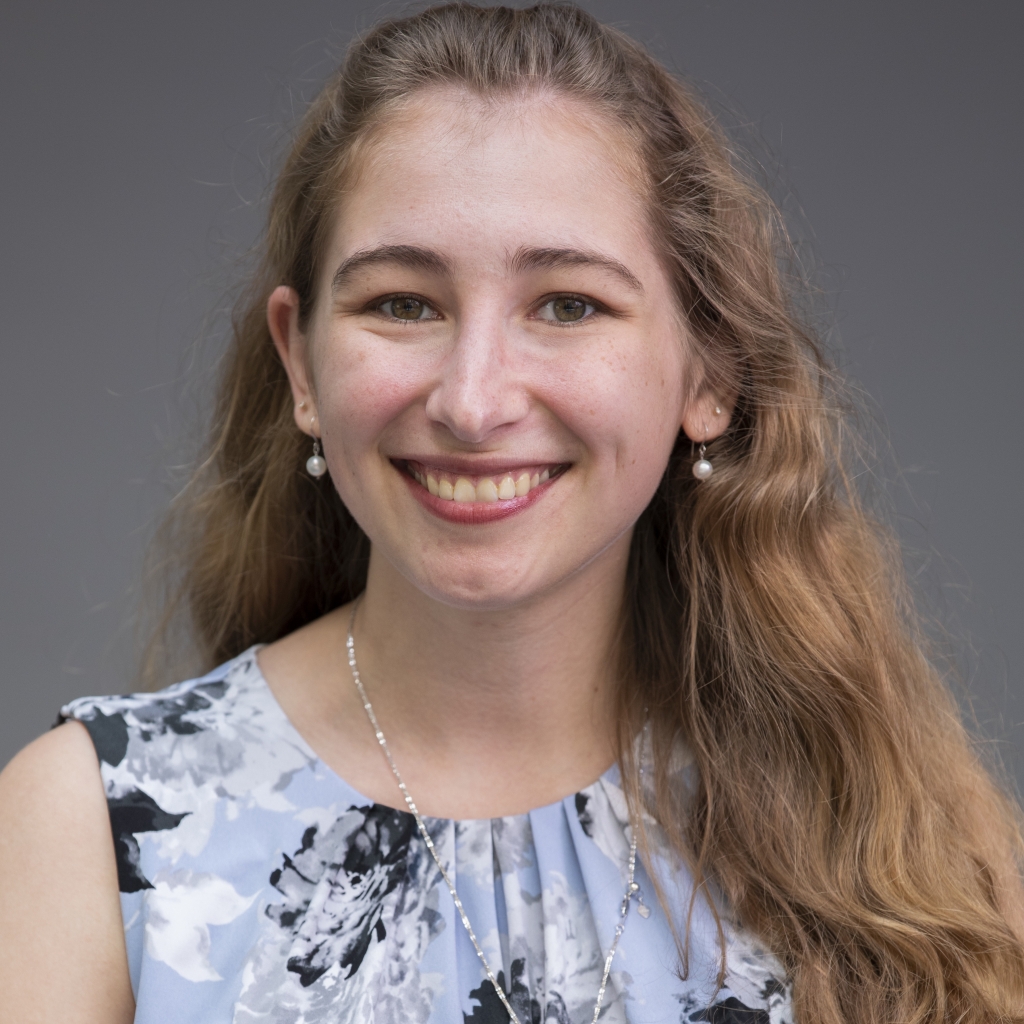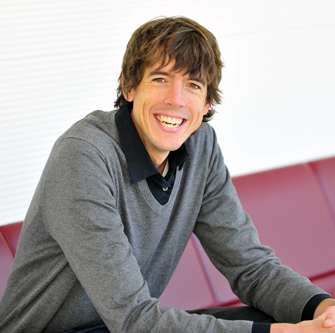We congratulate CREATE Co-Director Jacob O. Wobbrock on being named an ACM Fellow by the Association for Computing Machinery for his contributions to human-computer interaction and accessible computing!
Wobbrock’s research seeks to understand and improve people’s interactions with computers and information, especially for people with disabilities. He is the primary creator of ability-based design, which scrutinizes the ability assumptions embedded in technologies in an effort to create systems better matched to what people can do.
For this and his other contributions to accessible computing, he received the 2017 ACM SIGCHI Social Impact Award and the 2019 SIGACCESS ASSETS Paper Impact Award. He was also inducted to the ACM CHI Academy in 2019. In addition to being a CREATE founding co-director, Professor Wobbrock directs the ACE Lab and is a founding member of UW’s cross-campus DUB Group.
The ACM is the world’s largest educational and scientific computing society. Its Fellows program recognizes the top 1% of members for their outstanding accomplishments in computing and information technology and/or outstanding service to the ACM and the larger computing community. ACM Fellows are nominated by their peers, with nominations reviewed by a distinguished selection committee.
Wobbrock, and the other 70 Fellows named in 2021 will be formally recognized at the ACM Awards Banquet in San Francisco in June.
This article is adapted from the UW Information School (iSchool) article and the ACM press release.
